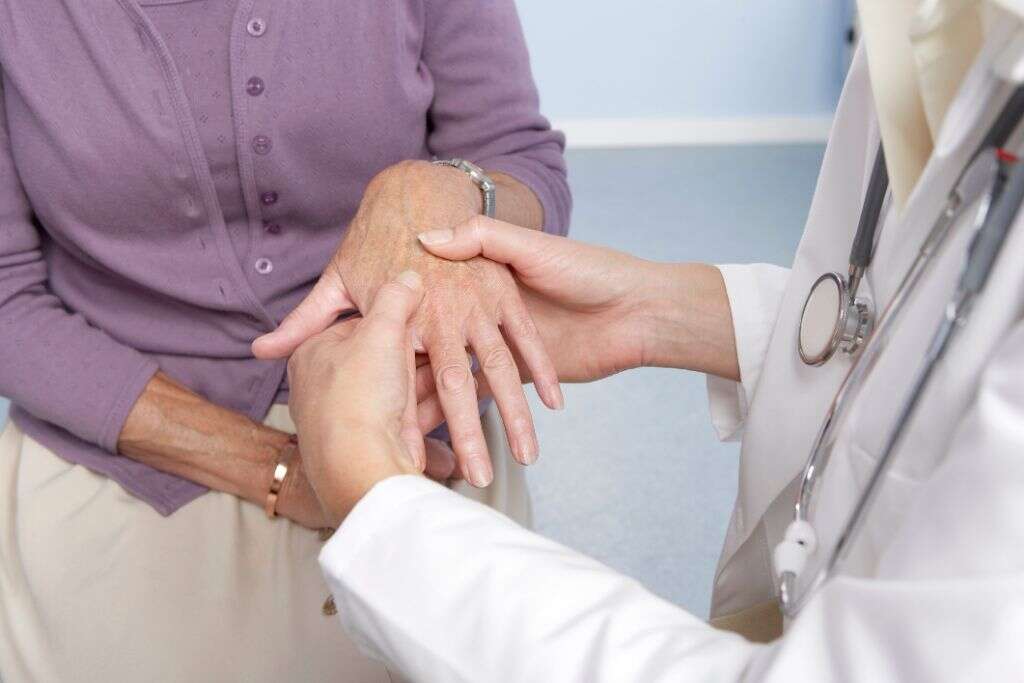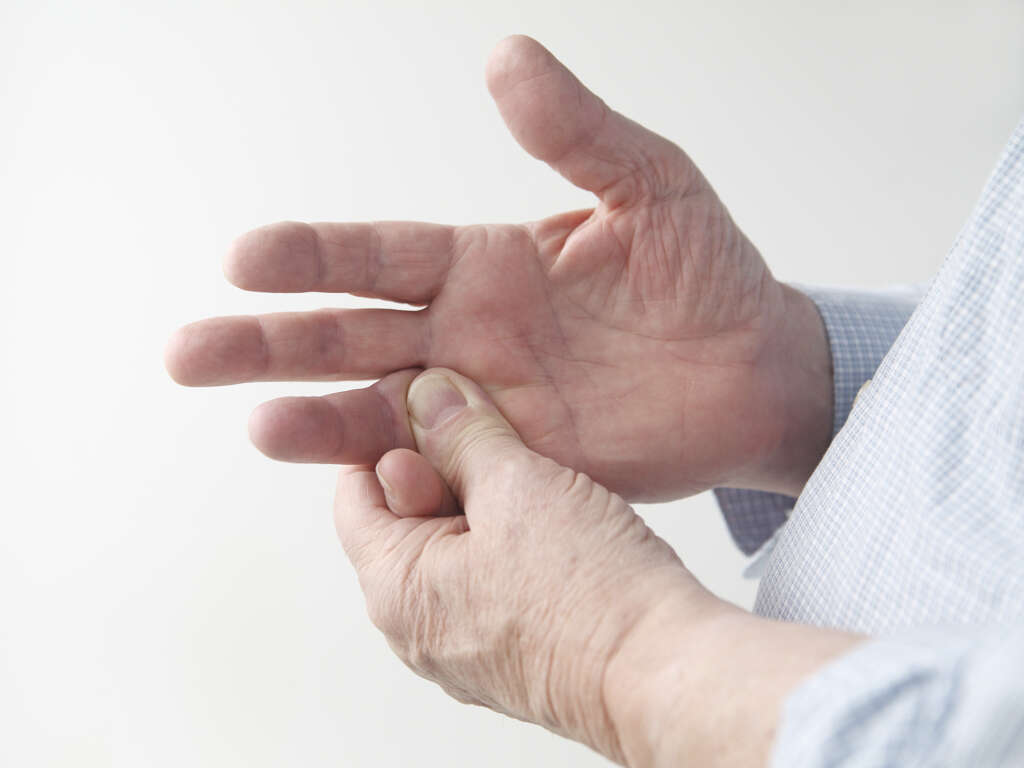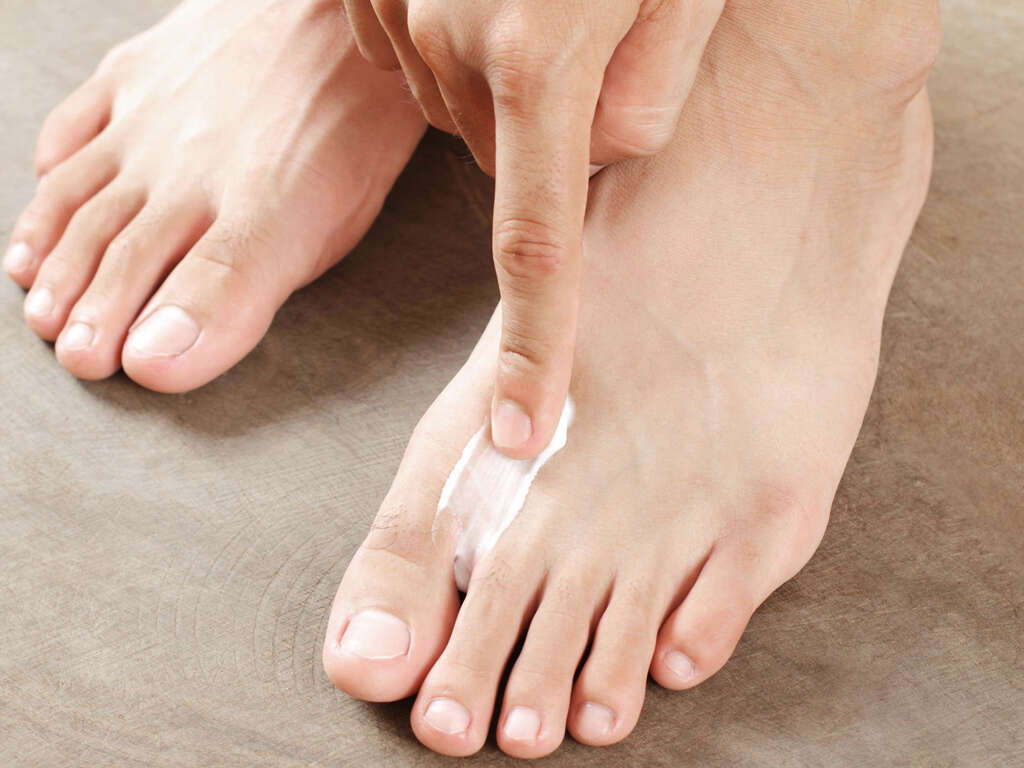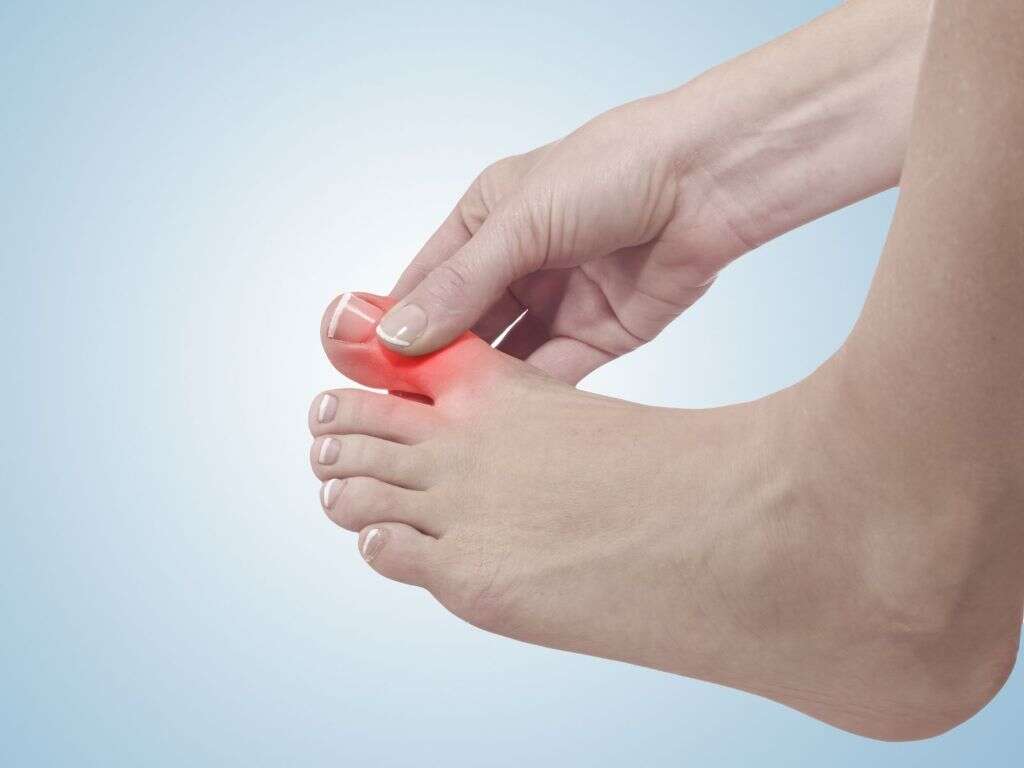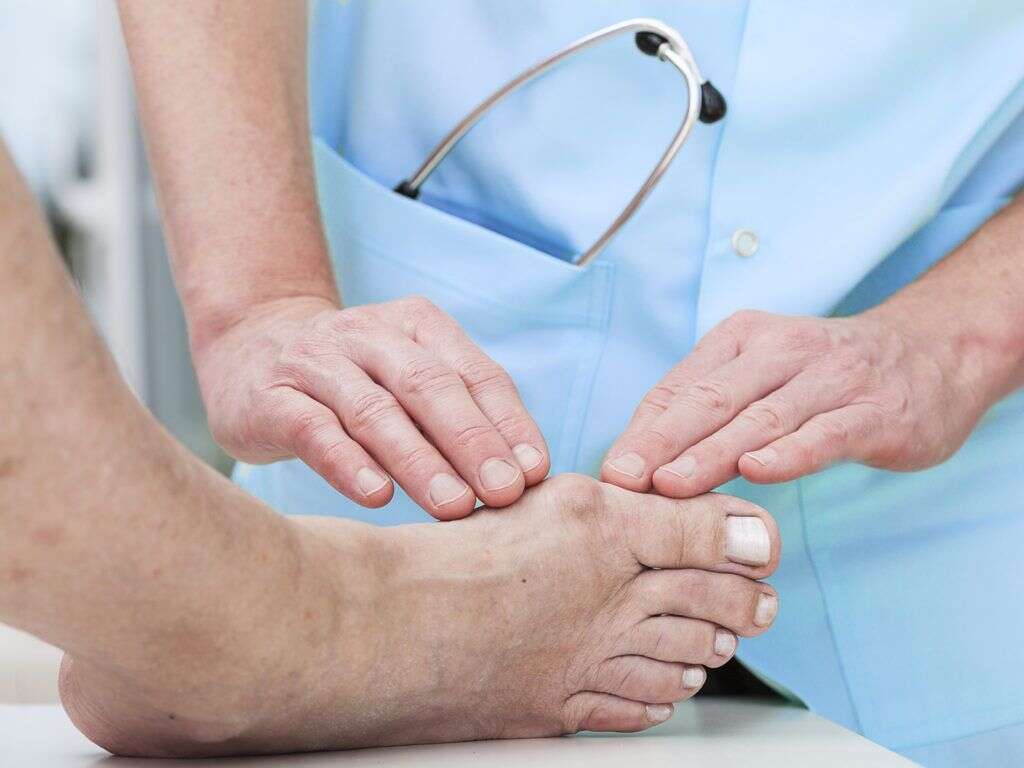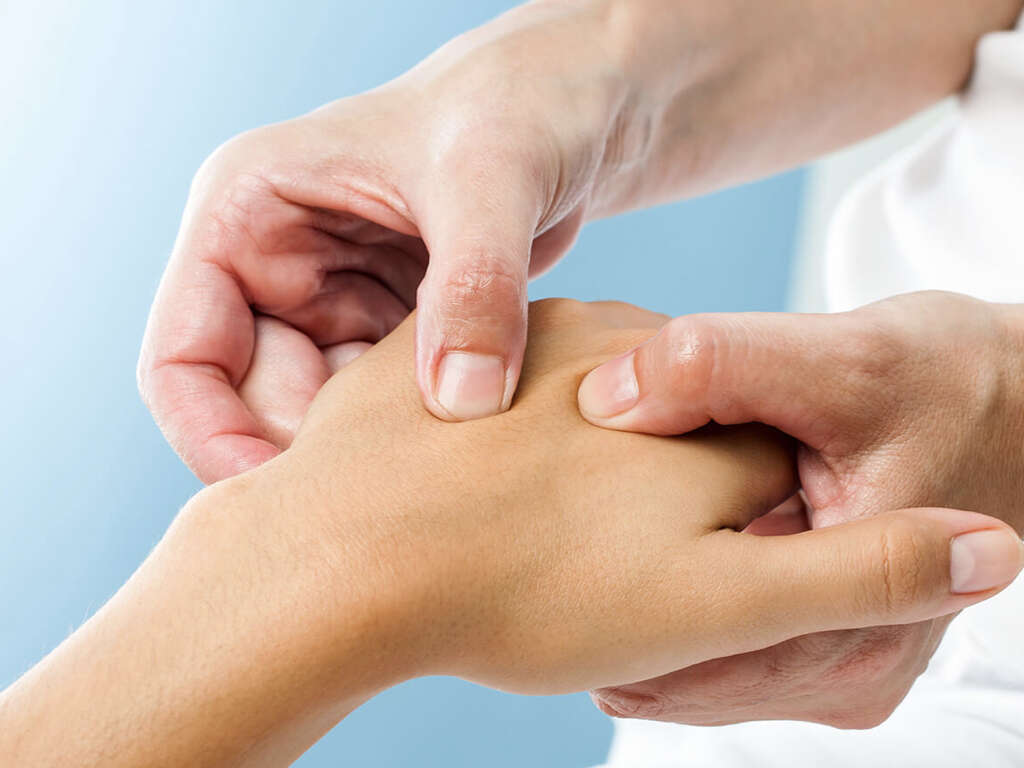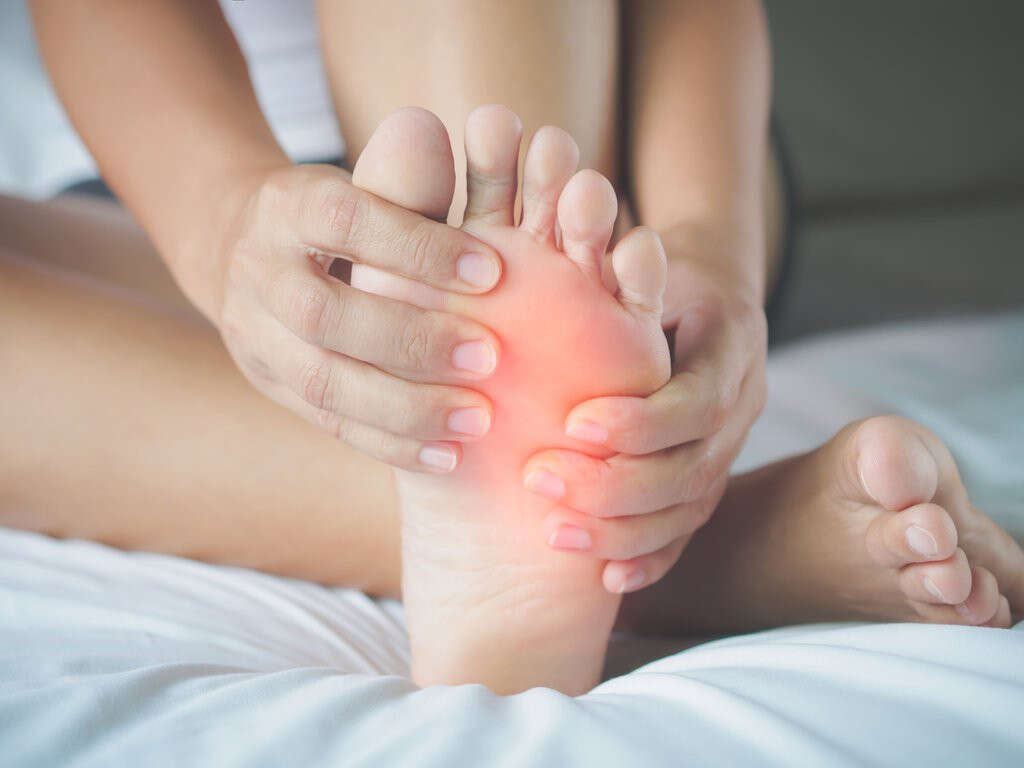What Is Raynaud's Disease?
 Article Sources
Article Sources
- 1. Fava, A., & Boin, F. (1970, January 01). Historical Perspective of Raynaud's Phenomenon. Retrieved September 02, 2020, from https://link.springer.com/chapter/10.1007/978-1-4939-1526-2_1
- 2. Hansen-Dispenza, H., MD. (2019, November 02). Raynaud Phenomenon: Practice Essentials,Pathophysiology, Etiology. Retrieved 2020, from https://emedicine.medscape.com/article/331197-overview#a5
- 3. Goudry, B., Bell, L., Langtree, M., & Moorthy, A. (2012). Diagnosis and management of Raynaud’s phenomenon. BMJ, 344, 37-42. doi:10.1136/bmj.e289
2. Epidemiology
According to the CDC, “prevalence is the proportion of person’s in a population who have a particular disease at a specified point in time or over a specified period of time”. In order to establish the true prevalence of a disease, a well- defined and reproducible diagnostic test is vital. In the case of Raynaud’s phenomenon, there is no such diagnostic test; thus, determining the prevalence of the condition is difficult. According to a seven-year study in whites, prevalence rates of Raynaud’s phenomenon in the US are eleven percent in women and eight percent in men.2Hansen-Dispenza, H., MD. (2019, November 02). Raynaud Phenomenon: Practice Essentials,Pathophysiology, Etiology. Retrieved 2020, from https://emedicine.medscape.com/article/331197-overview#a5
In general, Raynaud’s Disease usually happens in the second or third decade of a person’s life. As mentioned, it occurs more frequently in women than in men, while the secondary phenomenon’s prevalence varies with the associated disease. Primary Raynaud’s phenomenon has not been associated with any specific race. The prevalence and age of onset of secondary disease will usually depend on the underlying disease.
Advertisement
